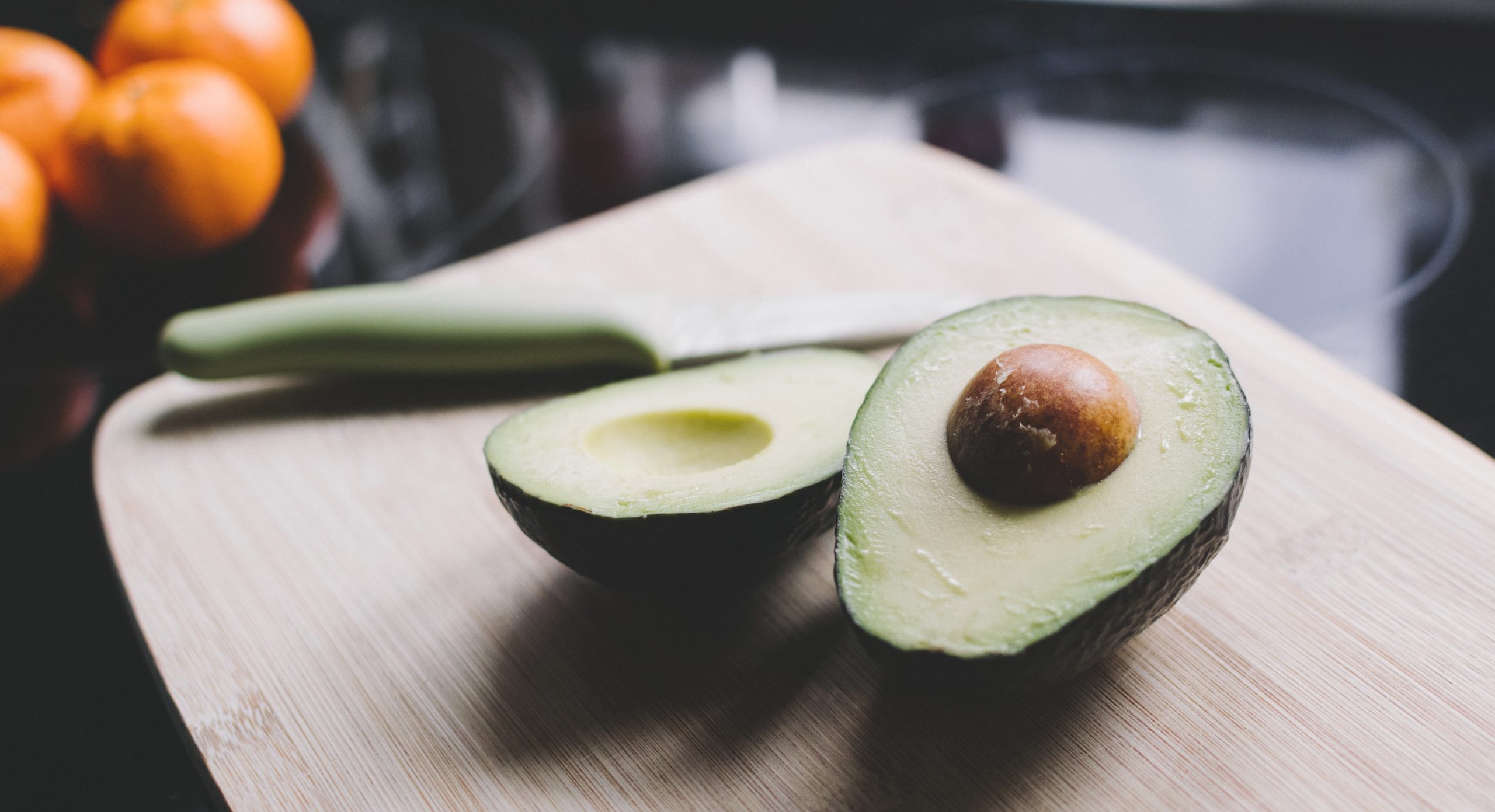DISCLAIMER: The following post outlines the writer’s personal experience with intermittent fasting. It is not intended to act as medical advice. As always, please consult your doctor before considering any new diet plans.
I am an over eater. I grew up sneaking sweets at night from the kitchen and eating until my emotional cravings for food were satiated. When I was young, it didn’t really effect my overall body—my metabolism was super fast and I never gained weight no matter how many calories I consumed. I grew up “the skinny girl.”
Fast-forward to my early twenties and my journey to find the right balance of medications for my Bipolar Disorder. Trying medications like Lithium and Depakote changed my metabolism and I began to gain weight from my overeating. In a short period of time, my whole body changed as I continued to overeat as a coping mechanism.
 I became obese.
I became obese.
Overeating became a way of life. I am not sure I really viewed my lifestyle as unhealthy, it was what I grew up with. Then I met my husband, who is a physician, and he helped educate me as to what “healthy” was.
Learning that my way of life, namely my eating habits—my coping mechanism for dealing with internal stress—were contributing to a number of health issues was a game changer for me. My mission became seeking out healthier lifestyle alternatives and I had heard about the keto craze. My cousin was in the business of ketones and she was eager to share with me all of the information related the the ketogenic lifestyle. I invested in a Fitbit to begin keeping track of my health journey.
In February of 2019, at 190 pounds, I was finally ready to battle my overeating—mentally and physically. I wanted a lasting change. My first attempt at keto lasted for three months and I lost 15 pounds. Mind you, this is strictly through diet. I am not an exerciser. While it was effective, it wasn’t really sustainable for momming and trying to feed my kids a healthy, balanced diet. My kids love carbs and completely eliminating them just wasn’t practical for our lifestyle.
Then we discovered intermittent fasting.
My husband, who fights his own battle with overeating, stumbled upon intermittent fasting and we realized we could probably make this work. Intermittent Fasting has been practiced for hundreds of years in cultures all over the world. It’s more about when you eat, rather than what you eat. Of course, overeating while practicing intermittent fasting will not lead to weight loss! It takes a certain level of discipline to consume a moderate amount of calories during a specified eating window of time, for it to really work. But does it work? Yes!
I am currently 20+ weeks in and I have decreased my weight by 40 pounds. What gives me hope that this is a long term solution is my ability to control what, when, and how much I put into my mouth. I haven’t always had the self-discipline to manage all three of those variables at the same time. Intermittent fasting is complimented by a ketogenic diet. The longer your body stays in ketosis, the more fat you burn. If you stick to foods with less sugar and carbohydrates, your body will have less work to do to get back in ketosis.
I don’t track every calorie I consume.
For a while in the beginning I did track calories, but found it not worth the mental effort. I use an app called Fasting App to track my fasting. Many intermittent fasting apps offer different features for time tables, diet tracking, accountability, and more.
There are also multiple options for time tables and fasting, you just have to use what works for your lifestyle. I fast for 20 hours and have a four-hour eating window. My eating window is usually in the afternoon/dinner time frame, from 2:00-6:00 p.m., which is when I need to be feeding my children as well. During fasting, it is permissible to drink tea and black coffee. In the morning, I drink my Irish Breakfast Tea to help power me through.
I didn’t spend any money during my journey thus far, aside from the cost of healthy, fresh food. This is something that doesn’t take a large upfront investment.
This is more than a diet, it is a lifestyle choice.
Recognizing that it’s a change in lifestyle rather than just another diet is why it has been so easy for me to stick with it. It took work, but I broke the overeating coping mechanism that I relied on when I was consumed with stress. I have learned healthier coping mechanisms through years of Dialectical Behavioral Therapy and use them on a daily basis to deal with my ever-present anxiety.
I write about my journey because I thought I was beyond hope. That I would never lose the weight and accepted being a “fat mom.” Now, I am excited to be on a journey towards better health. Believe in yourself, you have the ability to stop unhealthy habits and make a change for your overall better health. Your children will thank you as they learn moderation in eating from your example.










